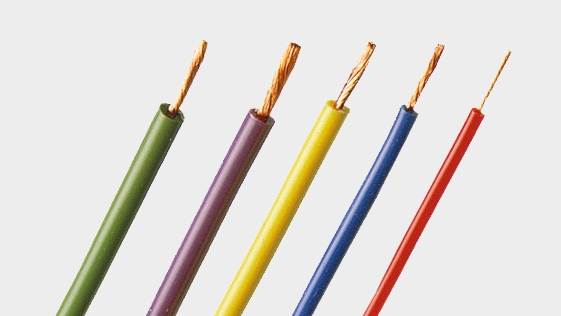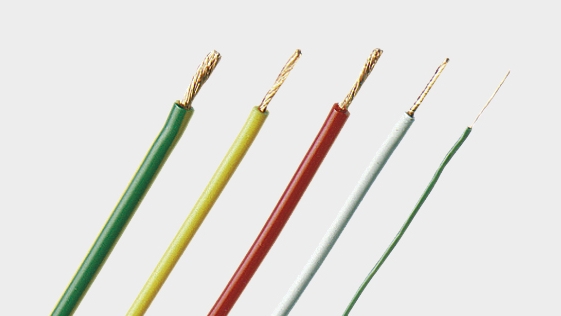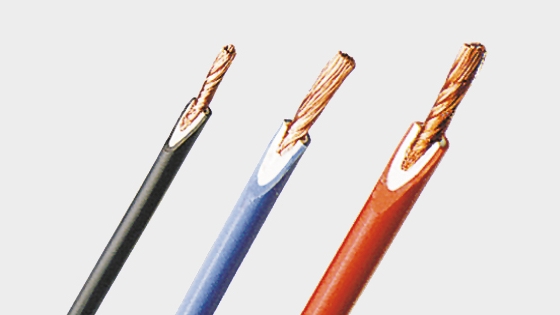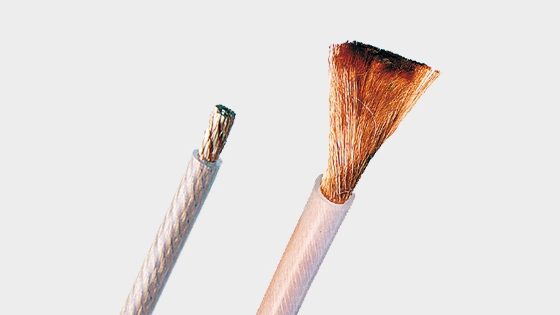- Europe
- Americas
- Asia and Middle East
- Africa and Oceania
CABLES AND MULTI-STRAND WIRES
Silicone multi-strand wires
INSULATING MATERIAL SILICONE
General characteristics
The outstanding properties of the silicone insulation include excellent flexibility and the ability to withstand brief contact with a soldering iron. Good age resistance, high impact value, maximum elongation and tear strength, halogen-free and thus environment-friendly.
Resistance to environmental influences
Very good weather and radiation resistance. Good chemical stability.
Typical application
Used, e.g. for making up maximum flexibility test leads, wiring very flexible parts. An important safety feature is the silicone ash produced after burning which continues to insulate the wires in the event of a fire. This can mean the continued function of electrical installations in industrial plants.
Used for the following wire types
SiliVolt..., SiliStrom, SILI-... (SN)
-

SiliVolt-E
Super flexible basic insulated stranded wire. Types ... SN with tinned wire strands for continuous use at temperatures up to 150 °C. -

SiliVolt-1V
Super flexible stranded wire with reinforced insulation. -

SiliVolt-2V
Super flexible stranded wire with reinforced, double-layer insulation for the highest safety. -

SiliStrom
Highly flexible stranded wire with reinforced insulation. Super-fine Cu strand.
